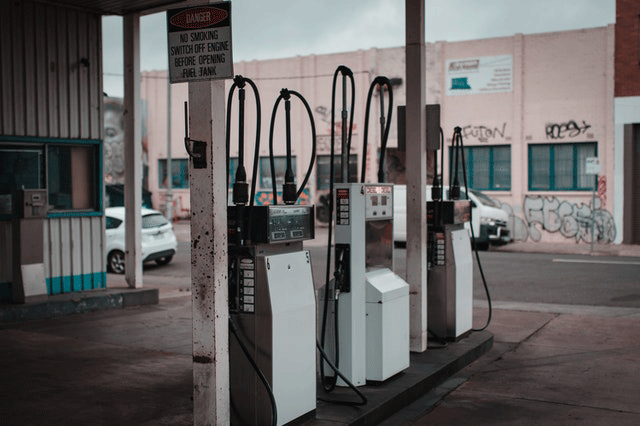Lagos – Nigeria’s government has suspended a plan to end its costly fuel subsidy programme, saying the timing was not right, a year before the presidential election.
Under pressure over its budget, Nigeria had proposed removing the so-called Premium Motor Spirit or PMS subsidy that costs the government billions of dollars each year to keep gasoline costs artificially lower than the market price.
But for many Nigerians, the cheap fuel is one of the few tangible benefits they see from the country’s oil wealth, especially as many struggle with high cost of living.
Finance Minister Zainab Ahmed had said the “unsustainable” programme could end in June in line with priorities set out by the World Bank and International Monetary Fund. But ministers have rolled back that schedule.
“It become clear that the timing is problematic, that practically there is still heightened inflation and also the removal of subsidies would further worsen the situation and thereby imposing more difficulties on the citizens,” Ahmed told senators on Monday.
ALSO READ | Nearly 17m Nigerians face food insecurity, says report
“Mr President clearly does not want to do that. What we have to do now is to continue with the ongoing discussions we were making in terms of putting in place a number of measures.”
She said these would include improving the country’s refining capacity to cut back on imported fuel, which accounts for most of the country’s consumption.
Nigeria’s national labour movement plans a protest on Thursday against any moves to end the subsidy programme.
Ahmed had proposed replacing the subsidies with “a monthly aid of 5,000 naira (about 11 euros) to 30 or 40 million Nigerians” among the poorest.
The subsidy programme is high politically charged especially a year from the country’s February 2023 presidential election to replace Buhari.
Since the 1970s, the federal state – which spends more on subsidies than in other key underdeveloped sectors such as education or health – has borne part of the cost of petroleum products.
ALSO READ | High Nigeria food costs push 7 million into poverty: World Bank
Currently, a litre of gasoline costs an average of 165 naira (40 US cents).
Ten years ago, when then President Goodluck Johnson attempted to end the subsidy system, unions and popular protests forced the army onto the streets until the government backed down.
“I don’t see any government coming in, even the next government that comes in after 2023, I simple don’t see the political will coming from anywhere to change the system,” said Cheta Nwanze, lead partner with SBM Intelligence risk consultancy.
Between January and August 2021, Nigeria spent nearly 864 billion naira ($2.1 billion) in subsidies, more than the entire health or education budget in 2020, according to Eurasia Group.
The World Bank has recommended that Nigeria end the subsidy programme within the next six months to promote the diversification of its economy, which relies heavily on crude production.
Follow African Insider on Facebook, Twitter and Instagram
Source: AFP
Picture: Pexels
For more African news, visit Africaninsider.com


